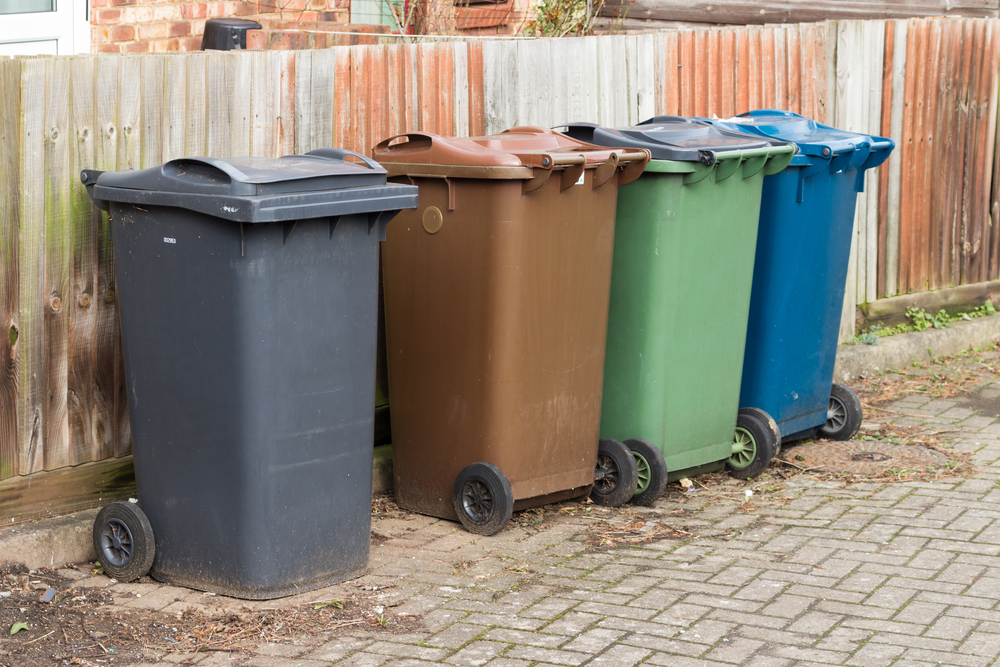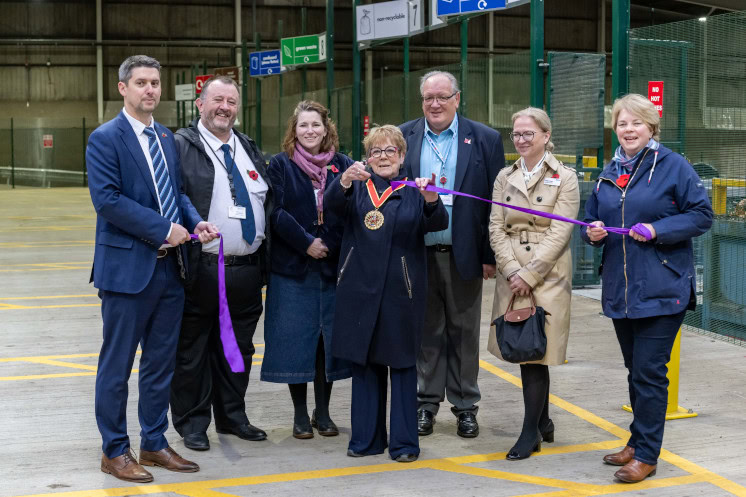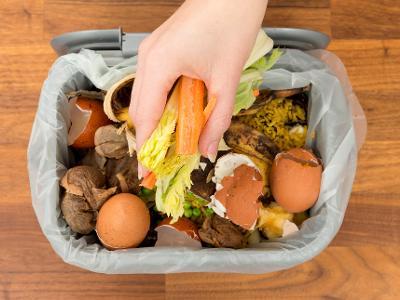The arrangement, worth an estimated £7 million over its lifetime, will see Urbaser collect mixed dry recyclables from the Dorset coastal town on a fortnightly basis.

Bournemouth borough council, a unitary authority which has previously run the service in-house, introduced a ‘Big Bin Little Bin’ scheme in 2006 with recyclables and residual waste collected from 240L and 140L wheeled bins respectively.
Under the Urbaser contract, the company aims to introduce revised shift patterns and expand the range of materials that can be collected at the kerbside, including small WEEE, batteries and textiles.
Bournemouth council will meanwhile continue to operate a weekly refuse, weekly food waste and a fortnightly garden waste collection service.
Food
Food waste collections were introduced to around 60,000 households in the borough with a grant provided by DCLG’s Weekly Collection Support Scheme in 2012 – which the council bid for on condition that it retains weekly residual waste rounds.
According to the council, Urbaser is required to provide a ‘cost effective solution’ for the collection of commingled recyclables from properties in Bournemouth – as it has a budget of just £950,000 to deliver the service.
The budget, which the council claims is in line with local authority austerity measures, is due to drop further in the coming years.
Urbaser business development manager, Mark Pigott, said: “The award of the Bournemouth contract represents an important step forward in the organic growth of Urbaser’s municipal business.
“We are thrilled at the prospect of building a new partnership with our colleagues at Bournemouth borough council and with 89,000 households to serve, we look forward to the challenges this will bring.”
MRF
The recyclables will continue to be processed at Viridor’s materials recycling facility (MRF) in Crayford, Kent, which is halfway through a two-year interim contract while the council procures its own facility (see letsrecycle.com story).
In its 2015 Waste Strategy Review, the council reports that it had commissioned waste consultancy Eunomia to conduct a TEEP test – determining whether a switch to separate recycling collections would be technically, economically and environmentally practicable.
But, the consultancy found that a kerbside sort system would only increase the quantity of recycling if implemented alongside a fortnightly refuse service. It added that separate collections was not necessary in order to improve recovery of materials but suggested MRF outputs may need to be reviewed once Bournemouth has procured its new facility.









Subscribe for free